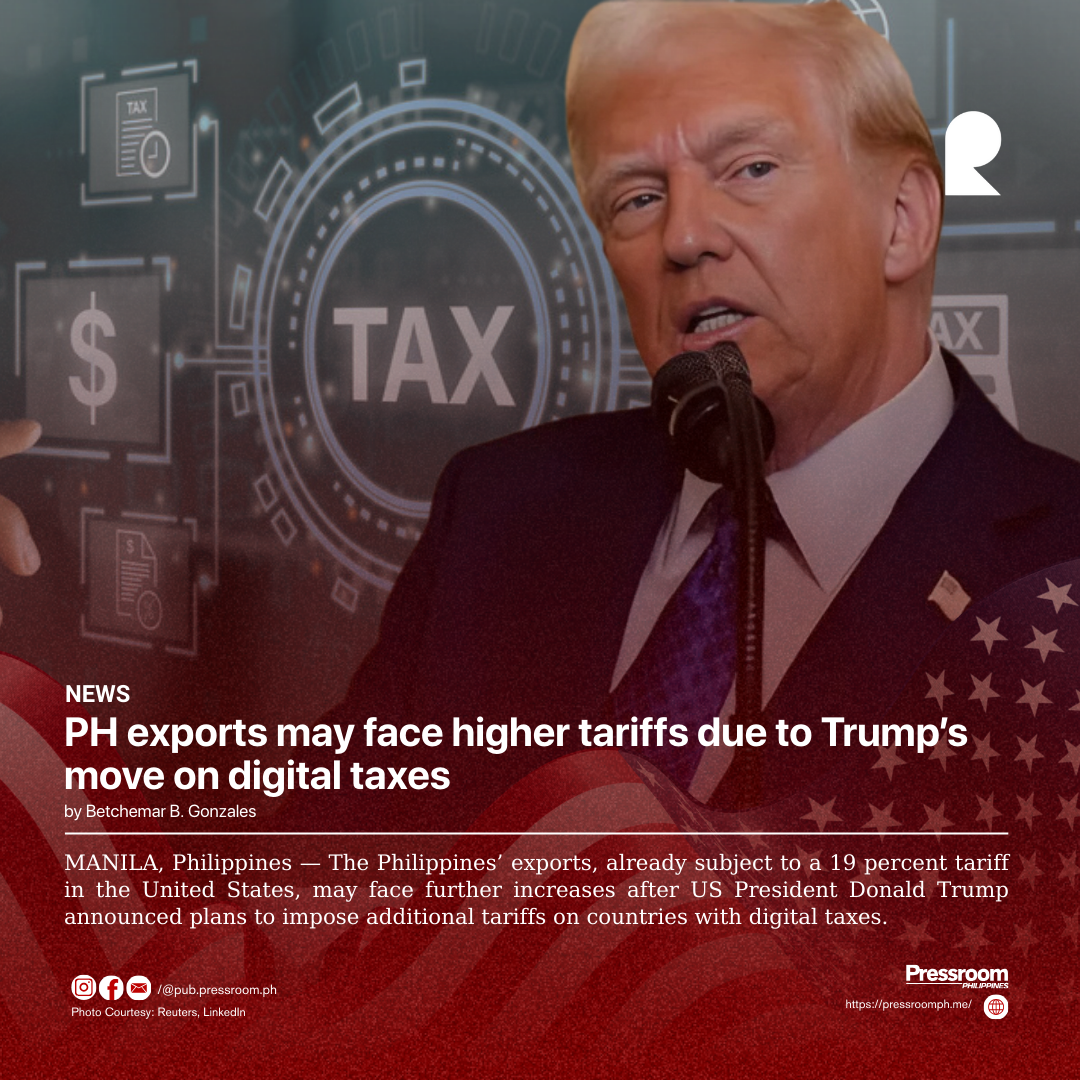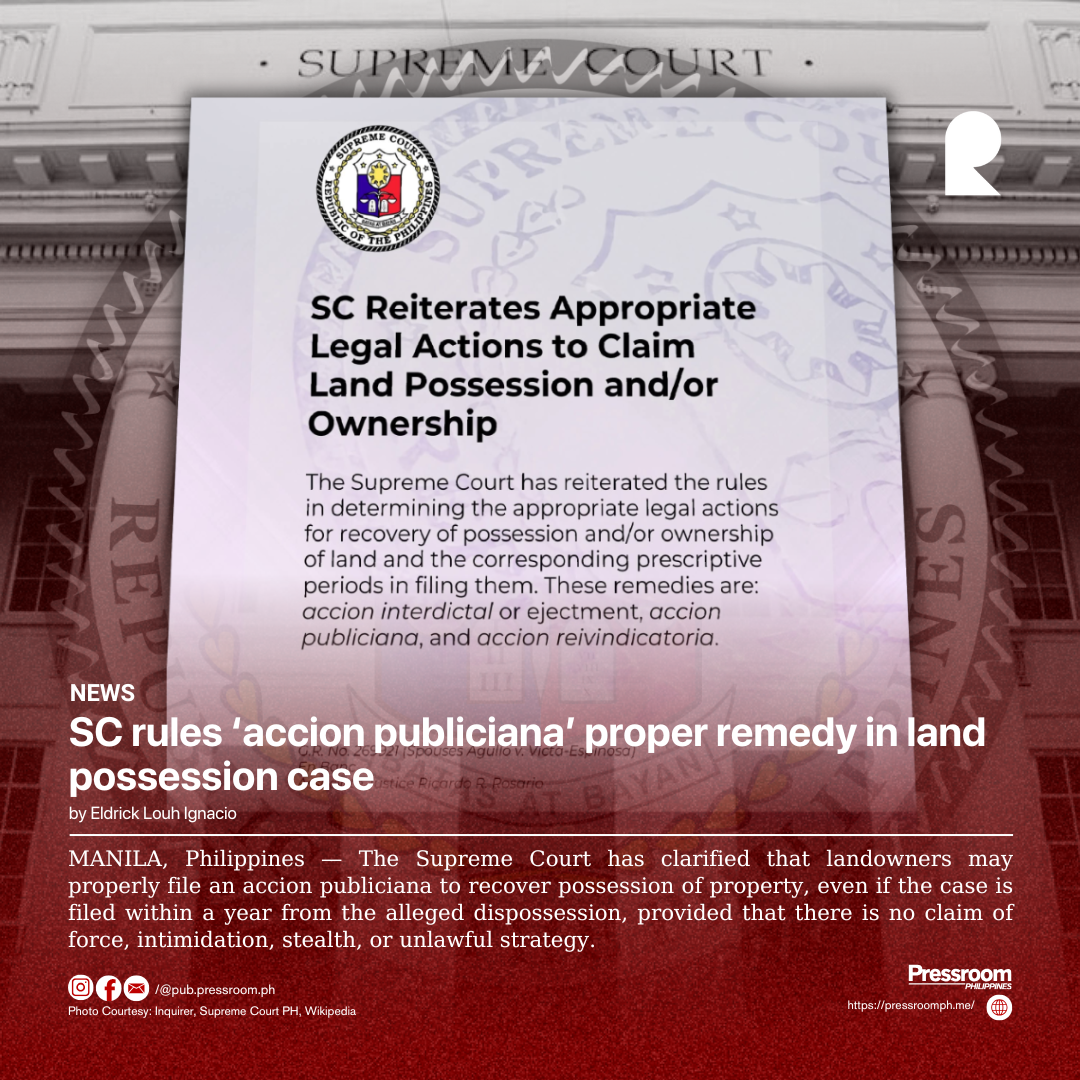MANILA, Philippines — The Philippines’ exports, already subject to a 19 percent tariff in the United States, may face further increases after US President Donald Trump announced plans to impose additional tariffs on countries with digital taxes.
“This is likely to have an impact on us since we impose 12 percent (Value-Added Tax) VAT on digital services,” said Ateneo Center for Economic Research and Development Director Ser Percival K. Peña-Reyes.
Republic Act No. 12023 introduced a 12 percent VAT on nonresident digital service providers such as Netflix, Amazon, and Google, with the aim of creating fair competition between domestic and foreign digital platforms.
Rizal Commercial Banking Corp. Chief Economist Michael L. Ricafort noted that the measure could fall under “Trump’s reciprocal tariffs on digital transactions” imposed by other nations, particularly under developed countries such as Australia.
“There is a risk of retaliatory US tariffs on the Philippines, though the effect could still be minimal or negligible,” Ricafort said. He added that Trump may still seek concessions on lowering digital transaction taxes for American companies during the trade negotiations.
In February, Trump signed a memorandum addressing digital service taxes that foreign governments have placed on American businesses. The directive revived earlier investigations launched during his first term and expanded the review to cover more countries.
Experts have warned the Philippine government not to quickly eliminate the VAT on American technology firms.
“This is something the government should study and weigh carefully — revenues lost from lifting the tax versus revenues from lower exports due to higher tariff,” Peña-Reyes said.
Matt Reinielle M. Erece, economist at Oikonomia Advisory and Research, Inc., warned that higher US tariffs could threaten the country’s export industry and overall economic performance.
“Therefore, the country must do two things: continue close but persistent trade negotiations with the US, and also aggressively support and incentivize exporting industries to develop competitive goods that remain attractive to foreign consumers despite tariffs being in place,” Erece said.
The Philippines, which began implementing its digital tax law in June, could be among the countries targeted by the US' expanded tariff policy, on top of the existing 19 percent duty on Philippine goods agreed upon by Trump and President Ferdinand Marcos Jr.






